Helen Steemson discusses the world of sober curiosity — a new movement in living an alcohol-free life.
What is Sober Curiosity?
Exploring a different relationship with booze.
Teetotalling, like saying you’re a vegan, is a big deal. People have to make plans to make sure their party won’t be awkward. What do you even drink? Will the other guests feel judged? And you’ll need to answer questions about why you don’t drink. Are you pregnant? Are you *whispers* an alcoholic? And then, if later you have half a beer, you’re getting the hypocrite side-eye.
But drinking/not drinking doesn’t have to be binary. That’s what the new sober curiosity movement is all about. It’s the booze equivalent of the cringingly-named flexitarianism – basically, you’re exploring a different relationship with booze, and don’t want to be boxed in by all-or-nothing rules.
Why not drinking can be so great.
If you’ve dipped a toe into the dry lake of a booze-free life, you’ll know there are some major upsides: better sleep, concentration, energy and a bit of weight loss as a cherry on top. Science has the data to back up those experiences. This study looked into how a bunch of people felt after just a month off the turps. 62% said they were sleeping better and almost half lost some weight. A binge session could weaken your immune system, probably because you’ve stuffed around with your gut-bacteria.
Why not abstinence?
So, if not drinking gives you some kind of superpower, why aren’t people just swearing off alcohol altogether? For most, the all-or-nothing binary just doesn’t work – and can put you in yoyo patterning of binging and abstaining.
Instead, the sober curious think about when and why they choose to drink. The idea is to understand our motives, so if we do crack a bottle of chard, we’re doing it because we want to, not because we feel we have to fit in or dampen bad feelings.
But even beyond all that self-reflection, if you’re thinking your life would be better without booze, going teetotal might backfire. Humans want what they can’t have, so telling yourself you can’t drink could put alcohol front and centre. Knowing that you can drink if you want to takes the pressure off. You get to turn your sobriety on and off when you feel like it – and everyone else can butt out.
"THE SOBER CURIOUS THINK ABOUT WHEN AND WHY THEY CHOOSE TO DRINK. THE IDEA IS TO UNDERSTAND OUR MOTIVES, SO IF WE DO CRACK A BOTTLE OF CHARD, WE’RE DOING IT BECAUSE WE WANT TO, NOT BECAUSE WE FEEL WE HAVE TO FIT IN OR DAMPEN BAD FEELINGS."
WHERE DID ALL THIS COME FROM?
In the West, sobriety has always been seen as a bit of a bummer – it means you’re either boring or have a problem. That’s compounded by the fact that the vast majority of social occasions are built around booze – bubbles at a baby shower is particularly weird if you think about it. Life’s happiest occasions are showered in ethanol, and sobriety is a killjoy.
The sober curiosity movement, dubbed as such by author Ruby Warrington, actually says no. Just like hitting the gym or passing on the fries, reducing or eliminating booze is just about making a health decision – it doesn’t turn you into a social pariah. This flip on booze has been building for a while – millennials have been called Generation Sober. One study shows a steady decline in young Australians drinking over the past decade. Here’s another one from 2015, which showed that 29% of 16 to 24-year-old Brits do not drink alcohol, a decrease of 18% over a decade. Cool, cool, cool – here’s how to get some sober curiosity in your life Sober curiosity is also called mindful drinking, a clue about how most people approach it.










100 Percent Potential
Afterglow™